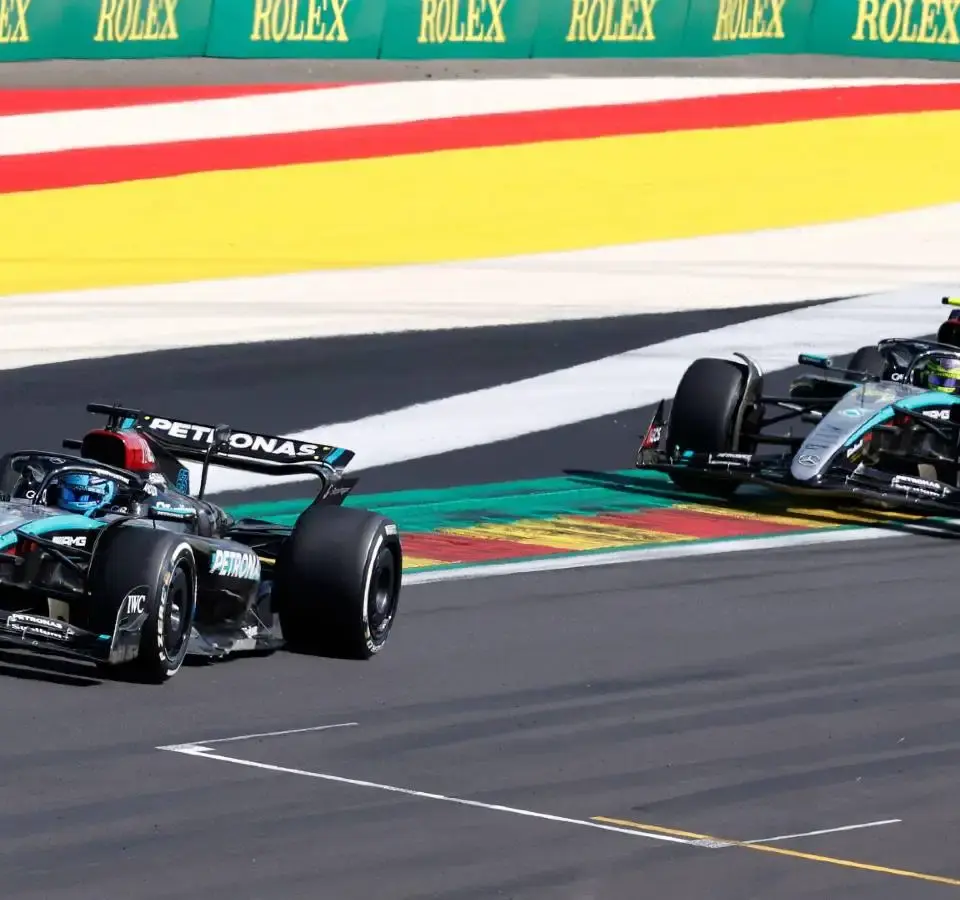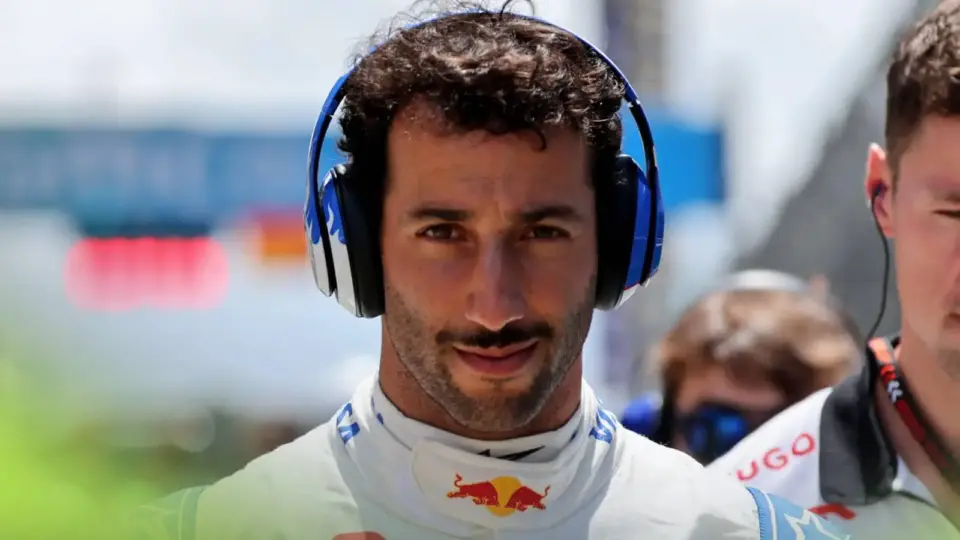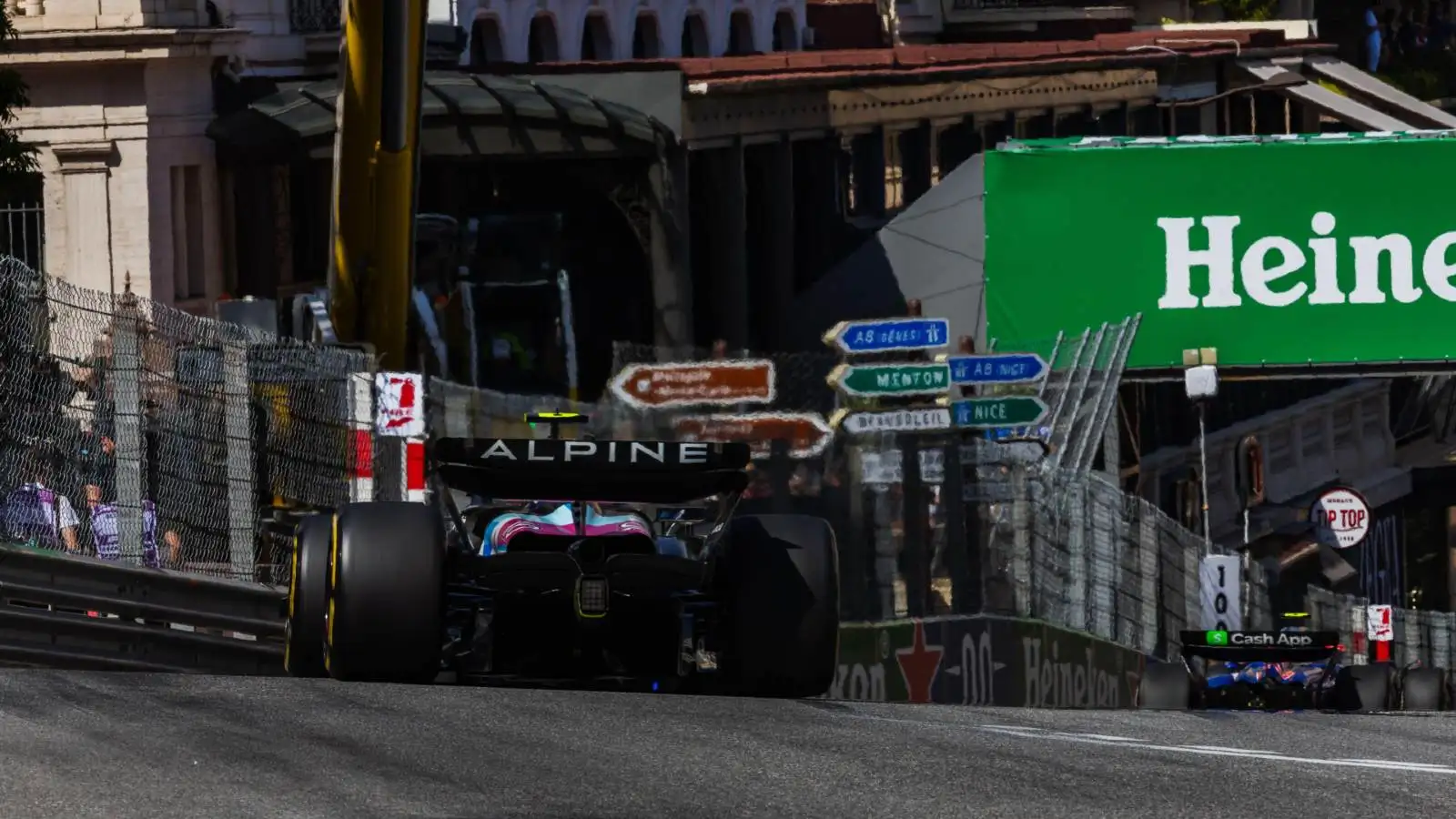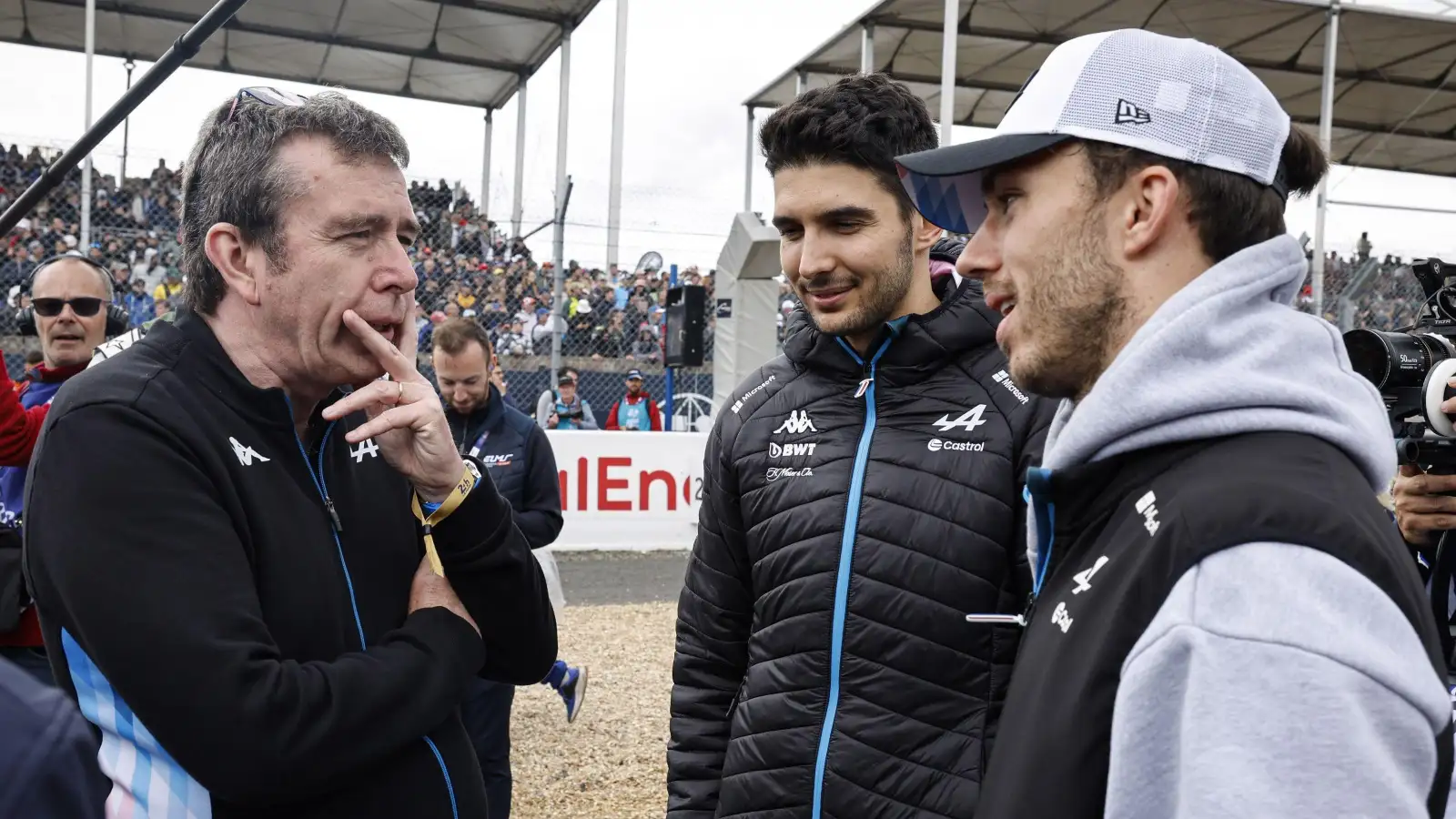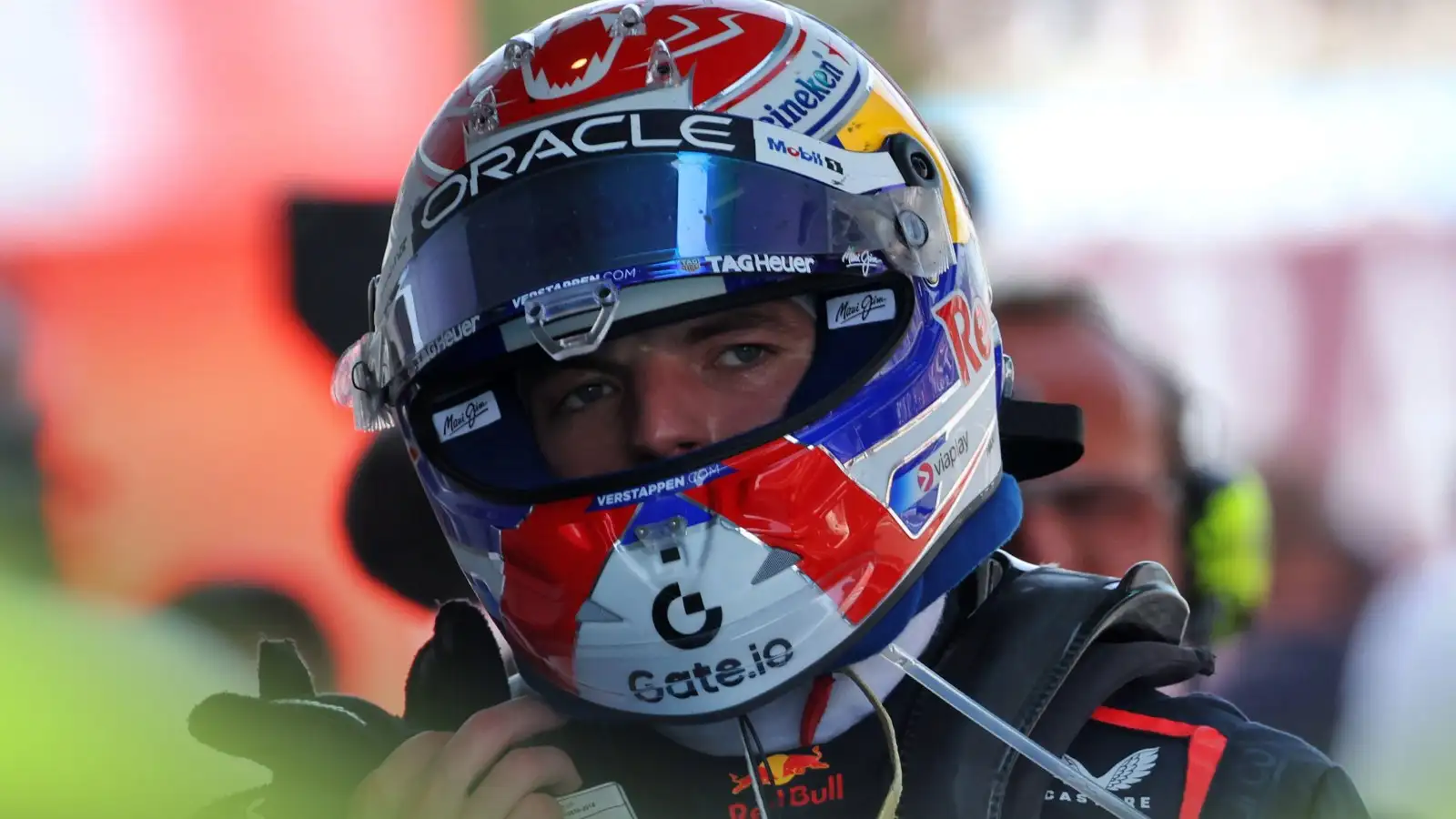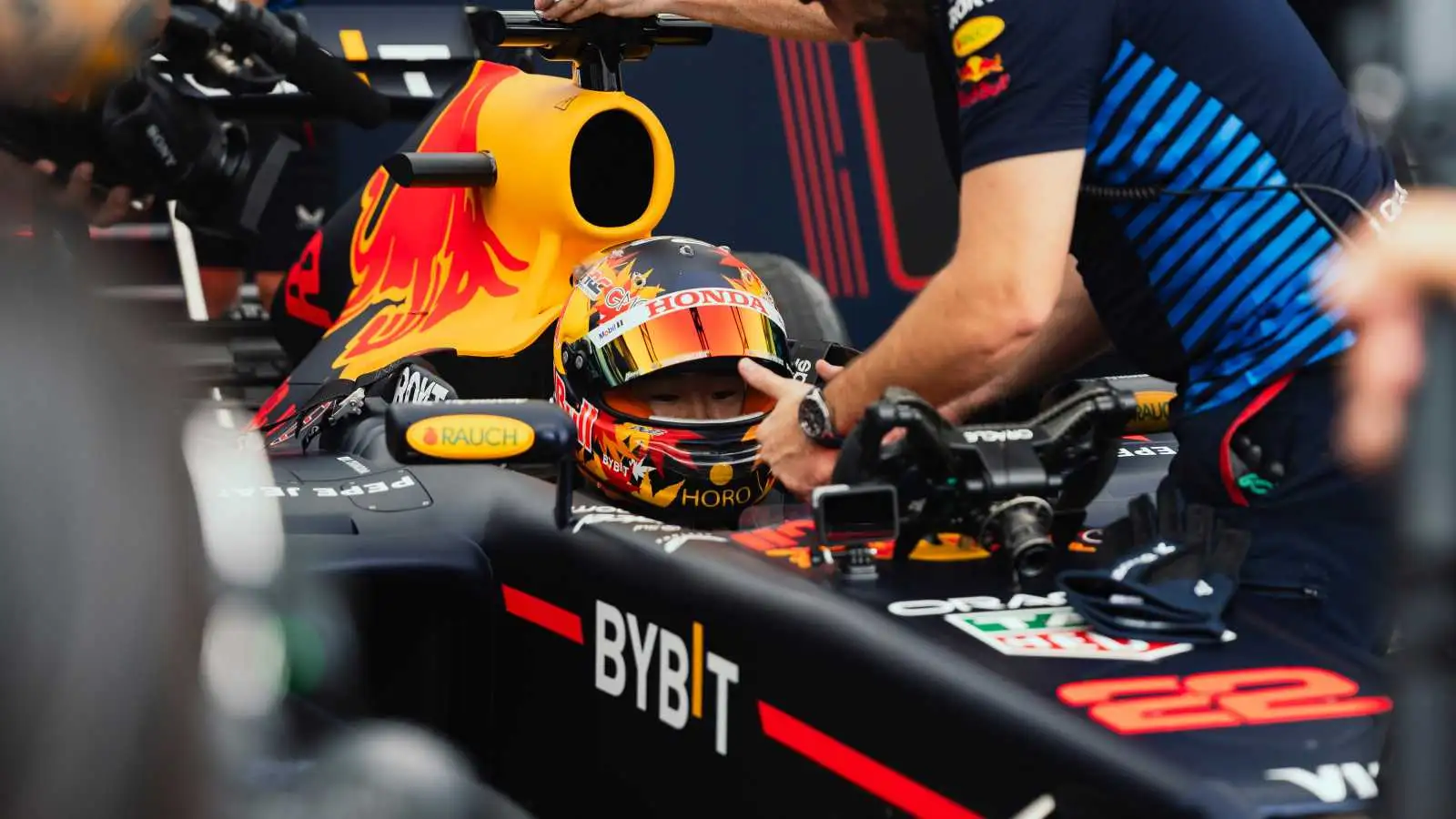Lewis Hamilton experienced a mix of emotions at the 2024 Belgian Grand Prix. Despite clinching victory, his win was somewhat overshadowed by an unexpected team decision. Hamilton expressed frustration over not being offered a one-stop strategy option, a decision he felt could have been advantageous.
The race seemed straightforward, with Hamilton finishing first. However, the win came after his teammate, George Russell, was disqualified due to a technical infringement. Russell initially seemed set for victory after an impressive one-stop strategy that gained him significant track position, even overtaking Hamilton. As those ahead, including Hamilton, pitted for the second time, Russell communicated with his team about his one-stop idea, which ultimately positioned him ahead before his disqualification.
Hamilton, in the cooldown room, spoke candidly to Oscar Piastri about his situation. He mentioned he had tire life left when instructed to pit, indicating his dissatisfaction with the call. Hamilton explained to Viaplay that he trusted his team and strategist, but was not informed of the risk posed by Russell’s strategy. ‘I should be able to lean on them fully,’ he stated, highlighting his surprise at the strategy choice.
Toto Wolff, the Mercedes team principal, defended the team’s strategic decisions. He stressed that, at the time, no one-stop strategies were being considered by other teams. According to Wolff, the team needed to cover competitors behind them, which justified their two-stop call. ‘As a driver, you don’t have the full picture,’ Wolff explained, emphasizing the complicated nature of race strategy and the necessity of relying on a comprehensive set of data.
Russell’s initiative to push for the one-stop was described by Wolff as a bold move with nothing to lose, considering his position at the time. Although it was beneficial that day, Wolff was quick to clarify that strategy typically involves complex calculations and data analysis handled by the team’s experts. He highlighted the importance of data-backed decisions over singular instances where a driver’s intuition might align with the race conditions.
Wolff further commented on the blend of driver input and strategic data, noting that while driver insights are valuable, the decisions often rest on the data available to them. This time, Russell’s call aligned with the possibility of a one-stop, which wasn’t initially apparent. ‘Nine out of 10 times it’s the data that gives you the direction,’ he remarked, underlining the reliance on data in motorsport.
In the fast-paced world of Formula 1, strategic decisions are a blend of instinct and science. Hamilton’s frustration reflects the challenges teams face in balancing driver feedback with strategic calculations. While Russell’s bold move almost paid off, Wolff’s defense of the team’s decision-making process underscores the complexity of achieving success on the track.
